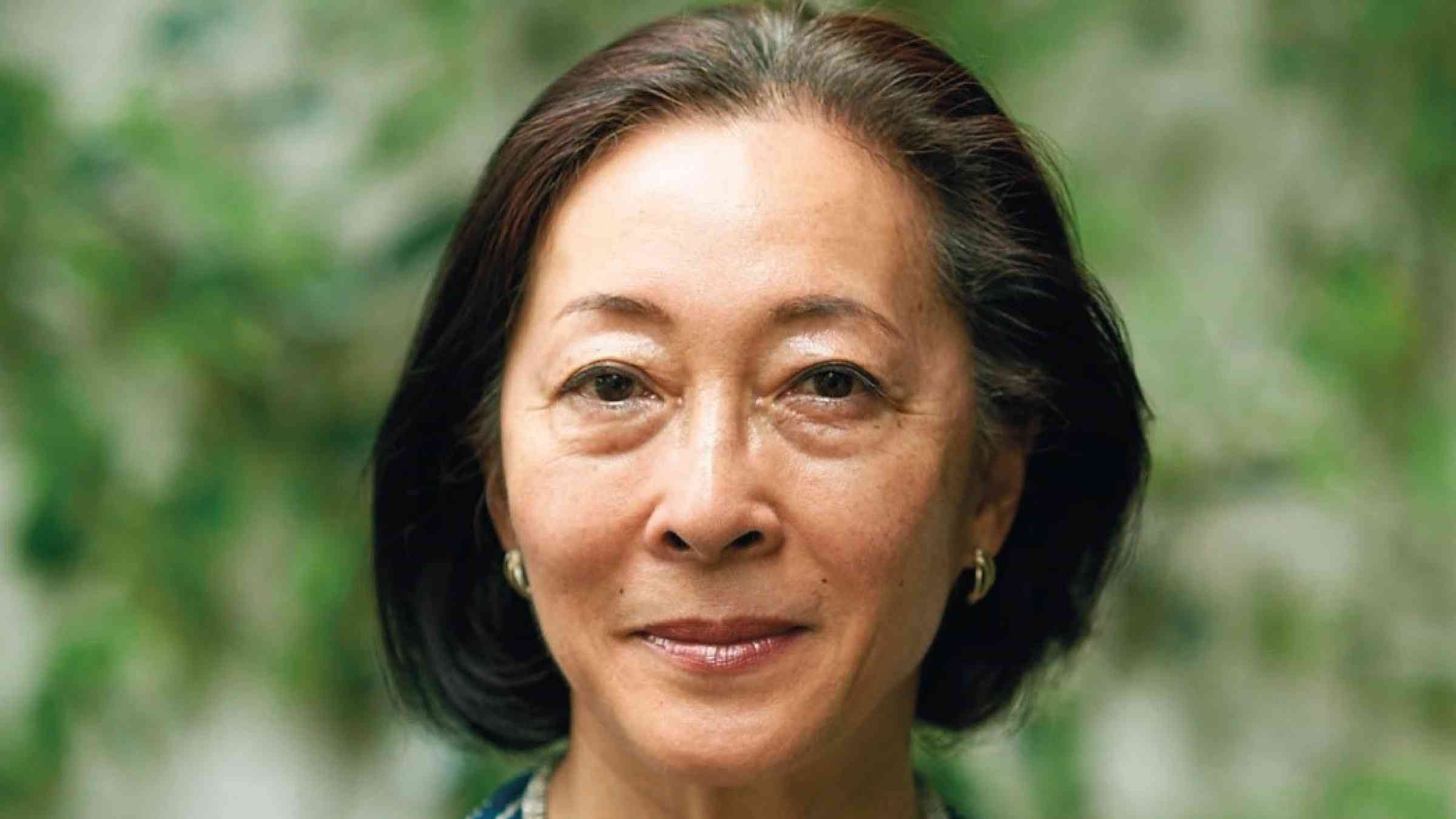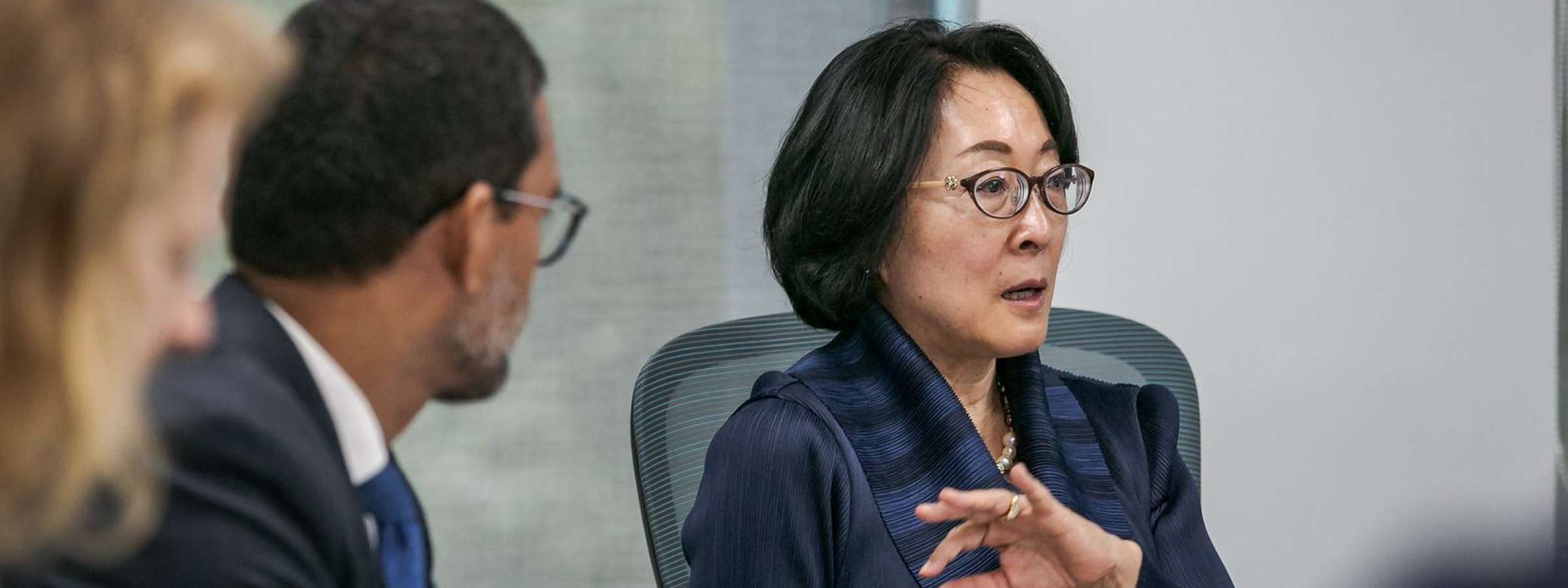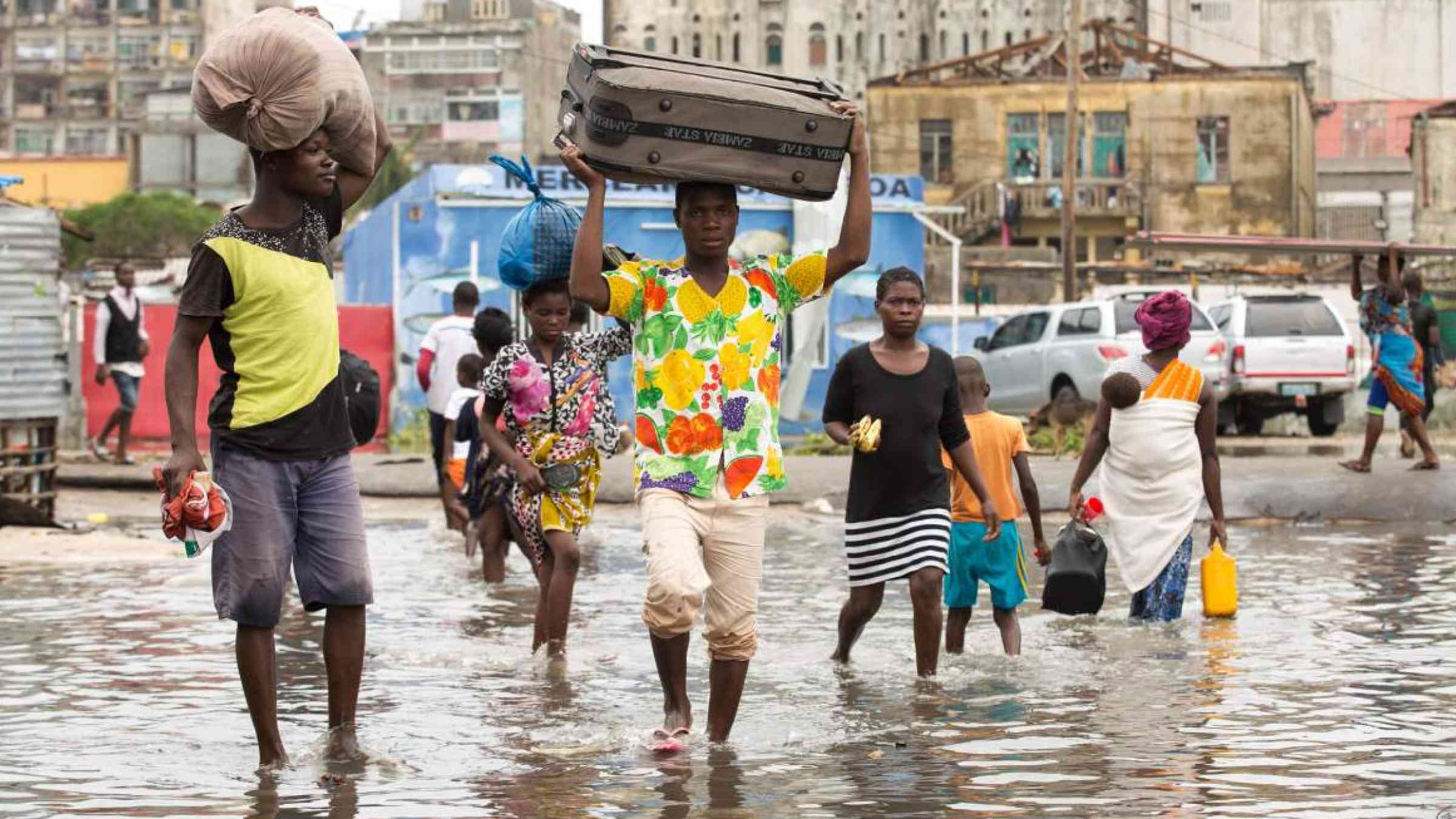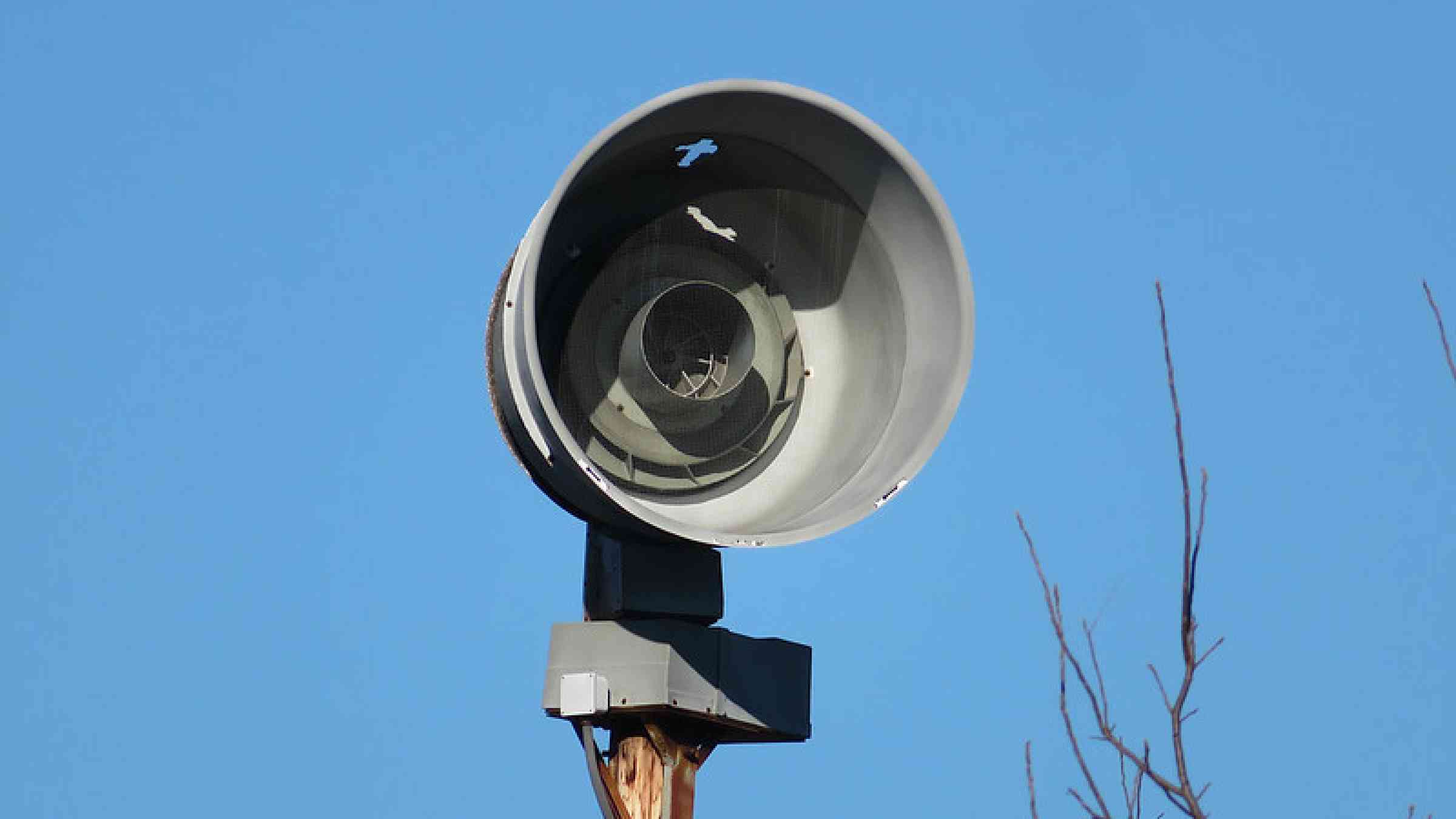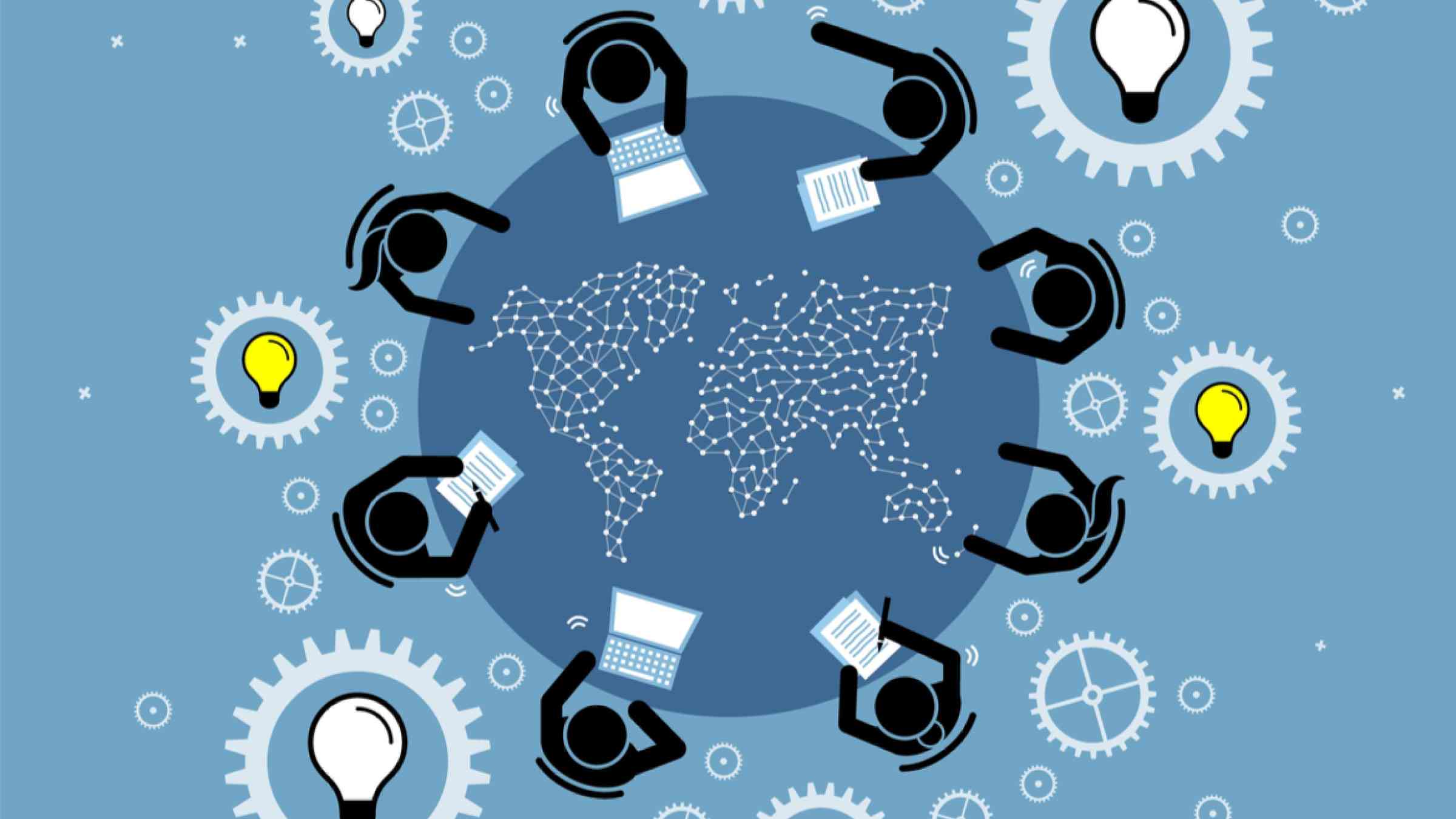On 31 January 2018, the United Nations Secretary-General announced the appointment of Mami Mizutori as Assistant Secretary-General and Special Representative of the Secretary-General for Disaster Risk Reduction. Ms. Mitzutori served until 31 December 2023 and was succeeded by Mr. Kamal Kishore in March 2024.
Prior to joining the UN, Ms. Mizutori was Executive Director of the Sainsbury Institute for the Study of Japanese Arts and Cultures, University of East Anglia, UK from 2011.
Ms. Mizutori served for twenty-seven years in the Japanese Ministry of Foreign Affairs, in various capacities, including: Budget Director; Director of the Japan Information and Culture Center (JICC) at the Embassy of Japan in London; Director of the National Security Policy Division, Director of the United Nations Policy Division; Director of the Status of US Forces Agreement Division; and Deputy Director of the Personnel Division.
Having graduated in law from Hitotsubashi University, Tokyo and obtained a Diploma in International Studies from the Diplomatic School of Spain, she has taught courses on governance in East Asia at Ritsumeikan Asia Pacific University and international studies at Waseda University, Tokyo.
A Japanese national, Ms. Mizutori speaks fluent Japanese, English and Spanish. She is married to Barak Kushner and lives in Geneva, Switzerland.
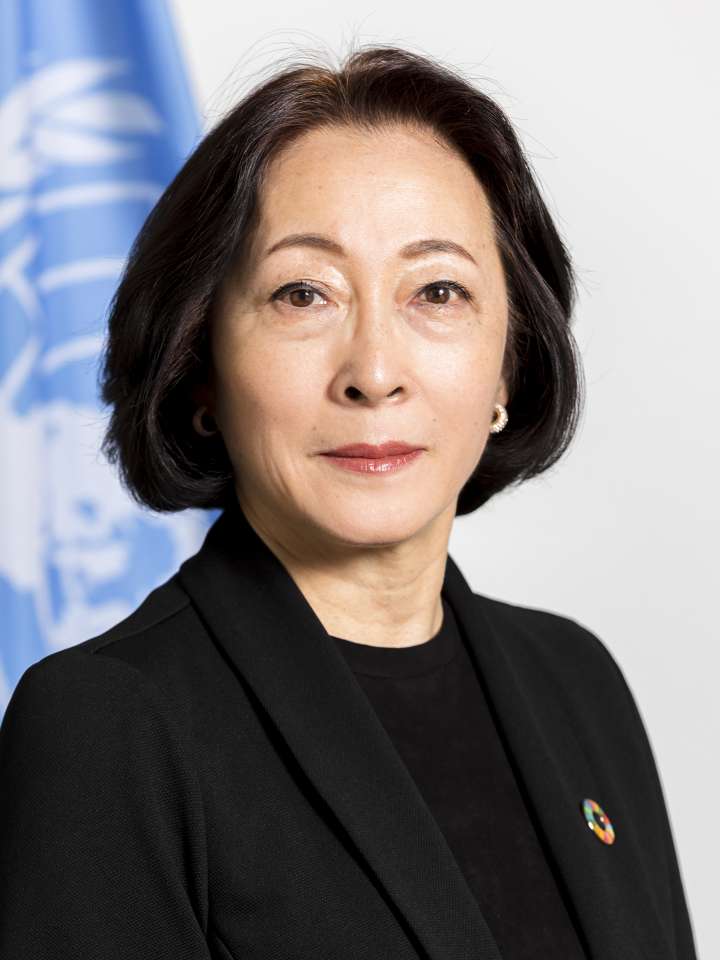
Video messages
Articles and Op Eds
